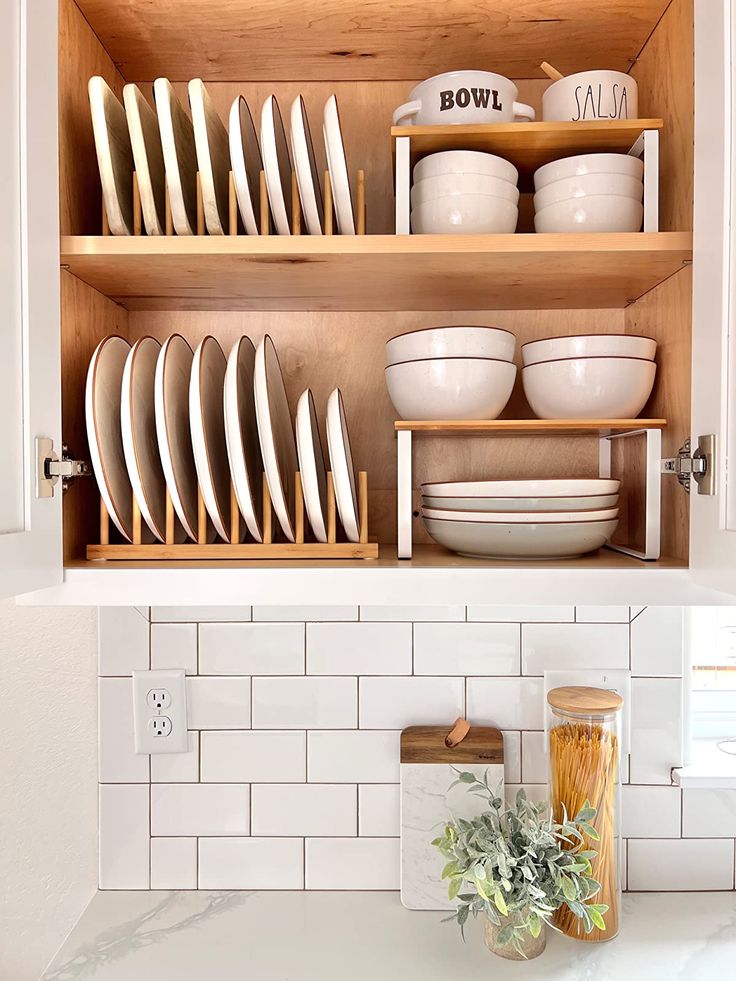1. Repurpose Marmalade Jars:
Give your kitchen organization a creative and eco-friendly twist by repurposing old marmalade jars to store spices and grains. Not only does this add a unique touch to your culinary space, but it also serves as a cost-effective solution, contributing to waste reduction by giving these jars a new and stylish purpose.

2. Explore Vintage Shops:
Discover sustainable and distinctive storage solutions by exploring vintage shops. Baskets from these establishments not only provide unique character to your organization strategy but also minimize your environmental impact by opting for pre-loved items. This approach promotes a circular economy, reducing the demand for new products and emphasizing the importance of reusing existing resources.

3. Upcycle Furniture:
Infuse your home with a personalized touch by considering upcycled furniture for your organizational needs. Using materials like reclaimed wood not only adds character to your living spaces but also aligns with the principles of reducing, reusing, and recycling. By choosing upcycled furniture, you actively contribute to waste reduction and support environmentally responsible practices.

4. Embrace Eco-Friendly Storage Solutions:
Make a conscious choice to minimize your environmental footprint by exploring storage options designed with sustainability in mind. Whether it’s creatively repurposed crates or other eco-friendly alternatives, choose storage solutions made from recycled or upcycled materials. This approach ensures that you not only keep your spaces organized but also actively contribute to a more sustainable future.

5. Opt for Pre-Loved Items:
Selecting vintage or pre-loved items for organization purposes is a conscious choice that minimizes your environmental impact. By incorporating these items into your home, you contribute to a circular economy, reduce the demand for new products, and add a unique charm to your living spaces. This environmentally friendly approach to organization aligns with the principles of reducing, reusing, and recycling, fostering a more sustainable lifestyle.




